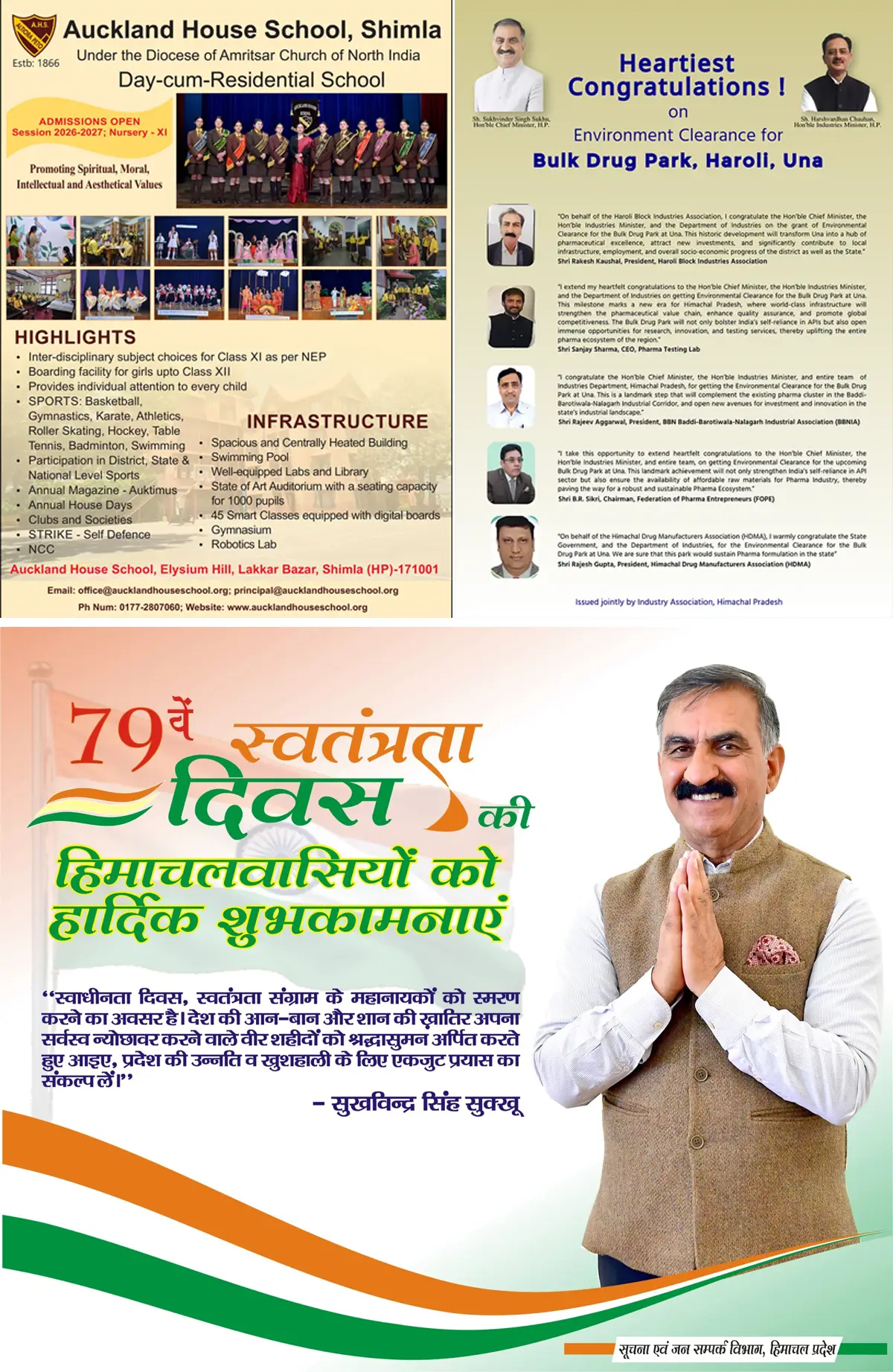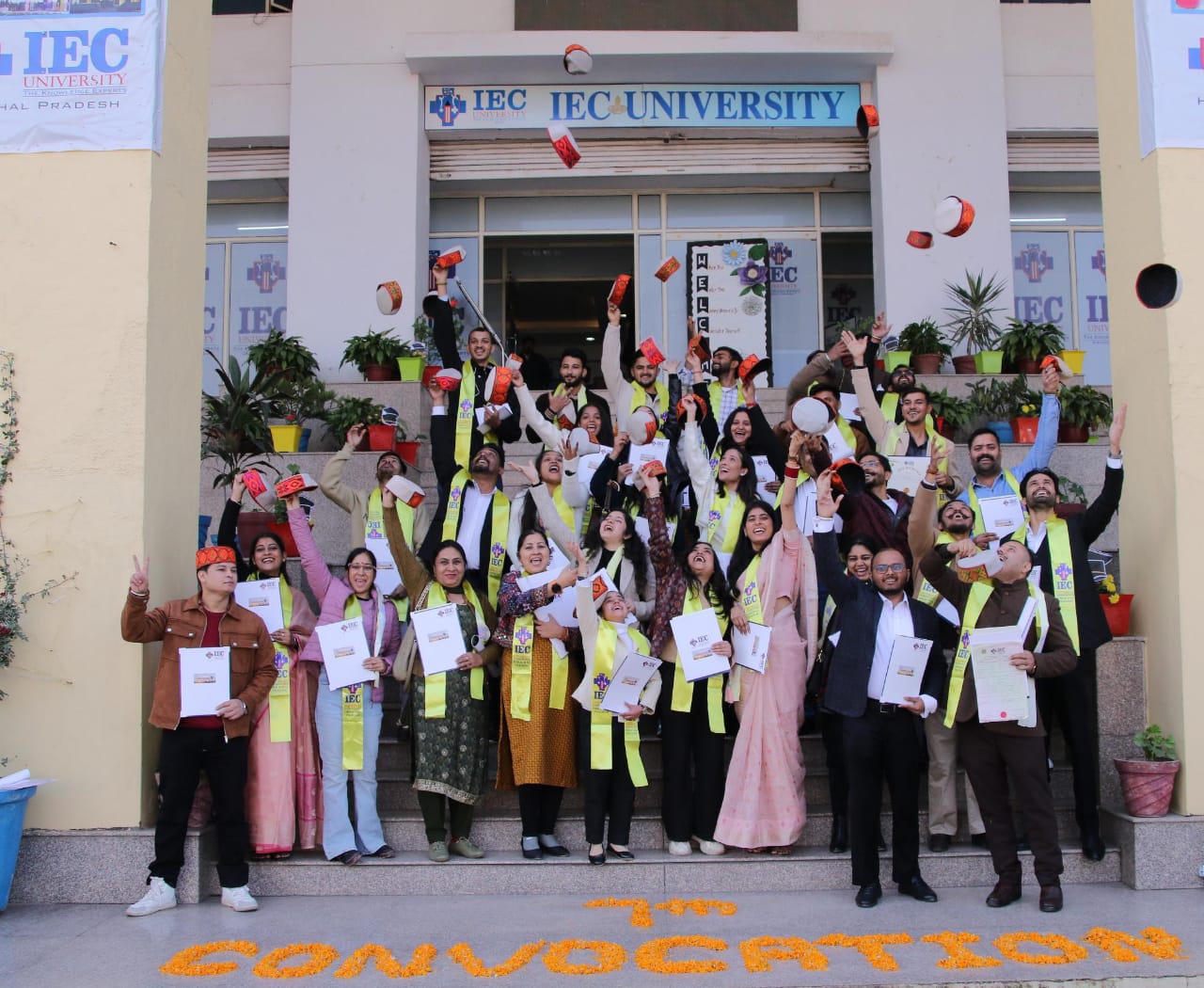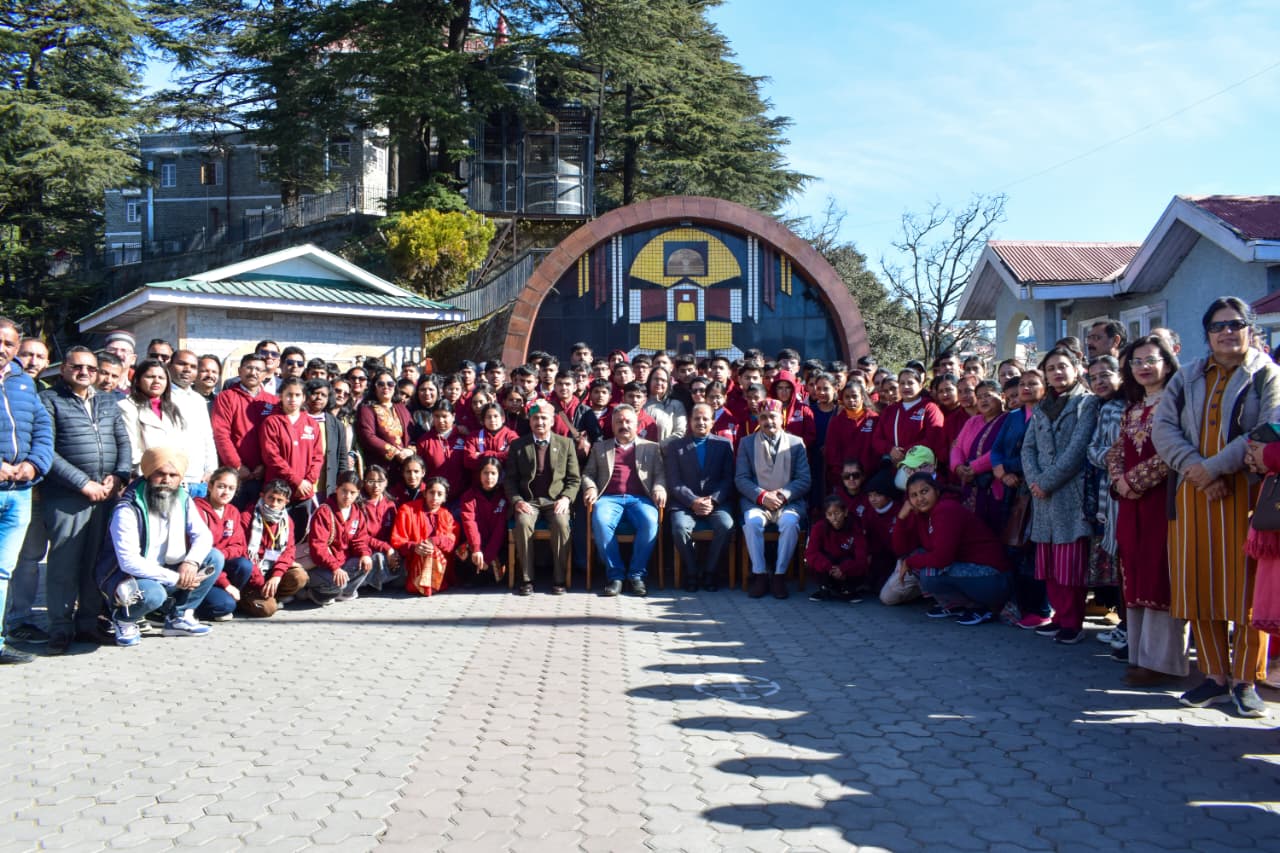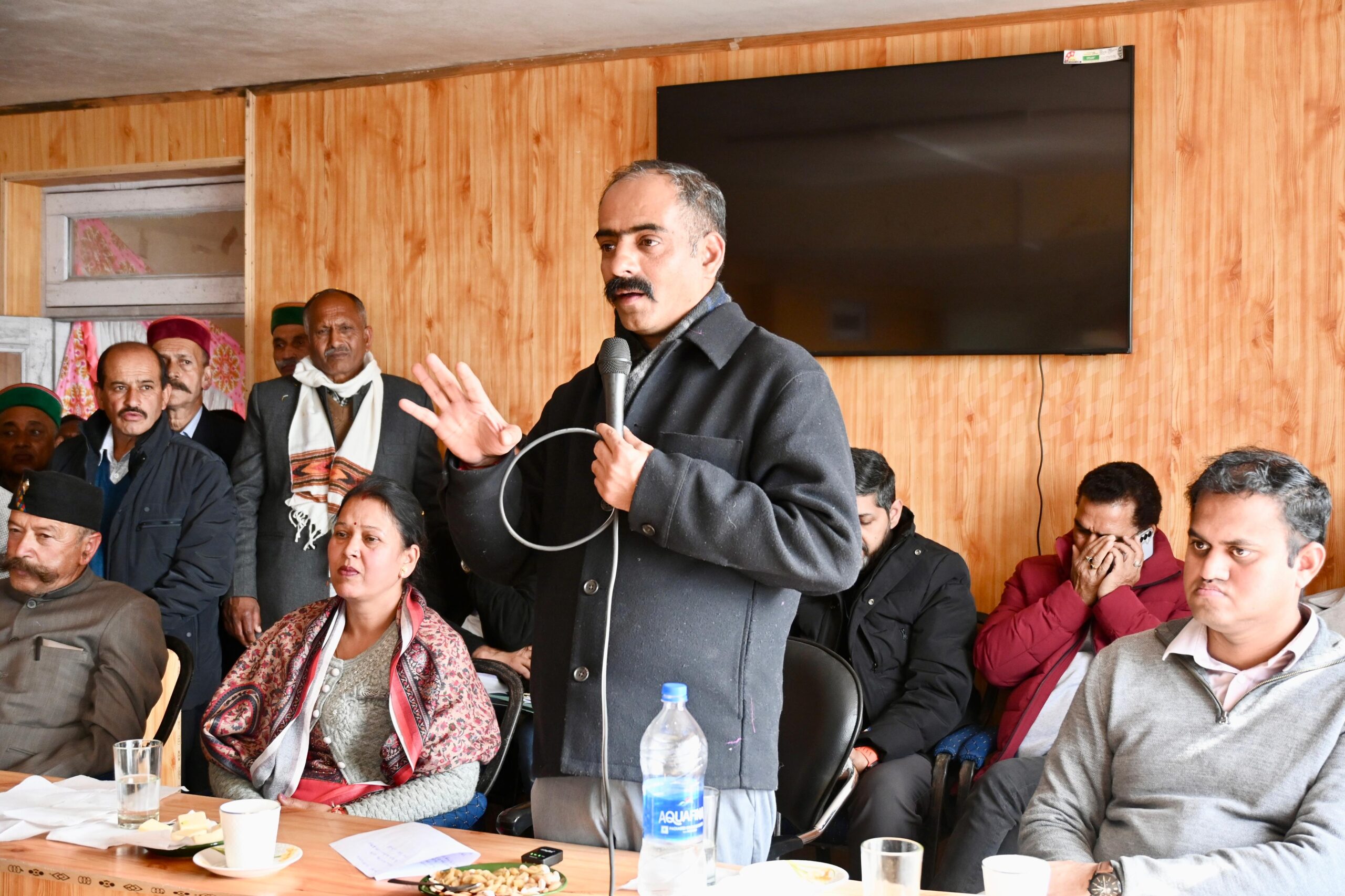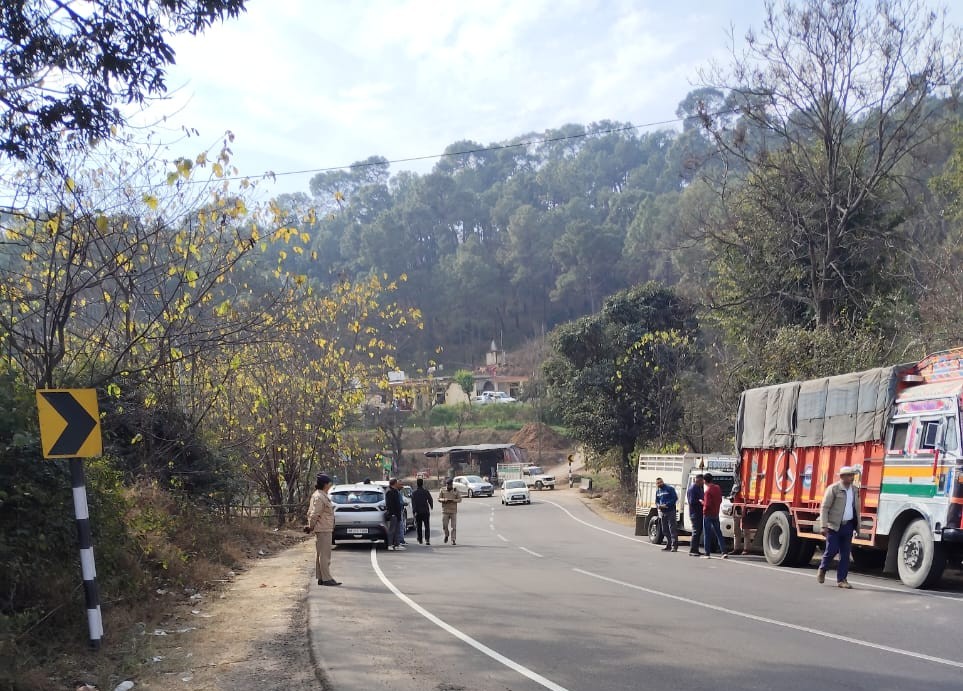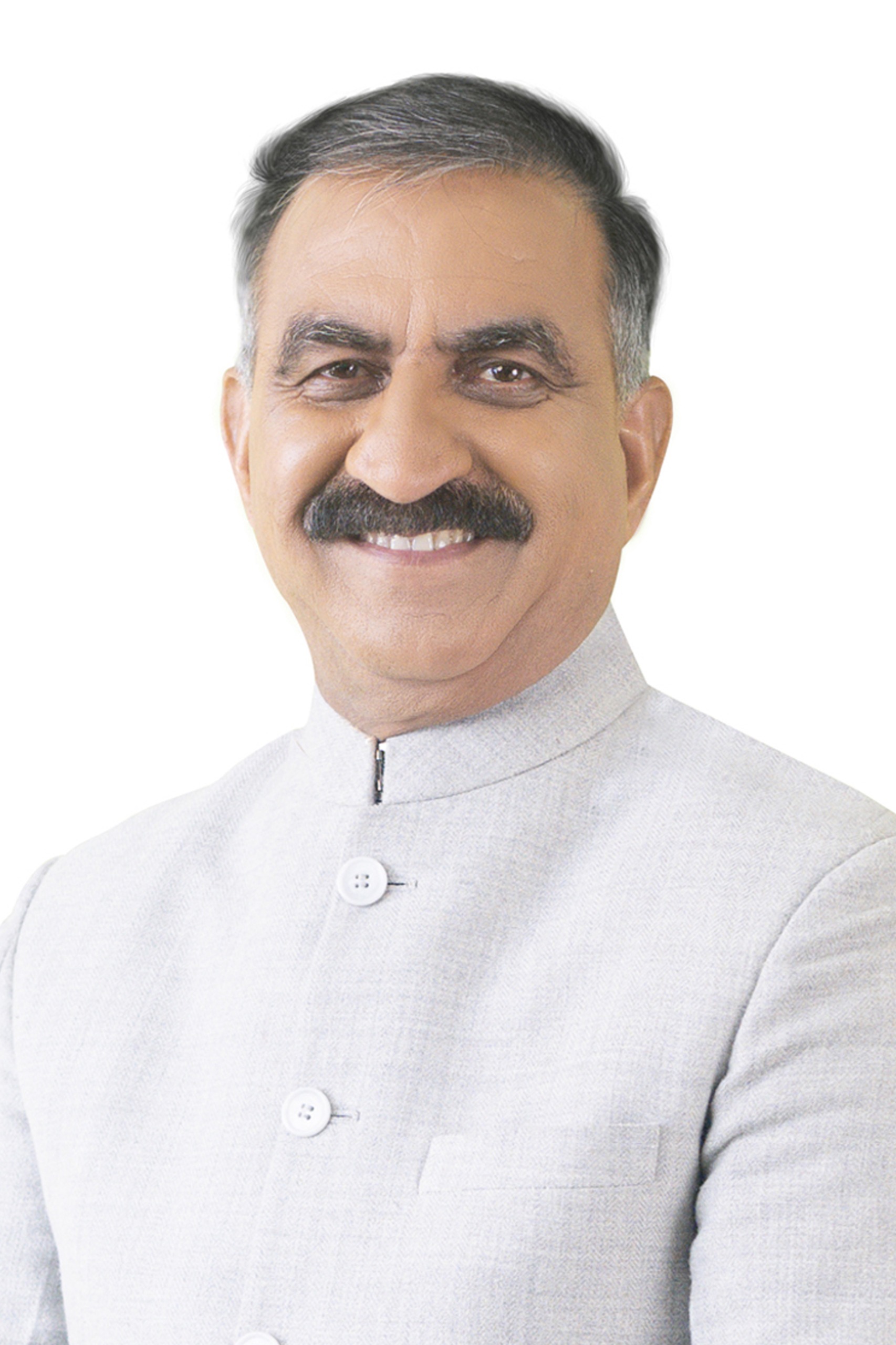Session on pandemics in literature organised at Shoolini Univ
2 min read
Solan, April 23 – Belletristic, the literary society of the Department of English, Shoolini University, organised another virtual panel discussion on “Pandemic in Literature” on Friday.
The presentations today were made by Gabriella Vargas Cetina (Universidad Autonomy de Yucatan, Mexico), Mukesh Williams (Soka University, Japan) and Debarati Bandyopadhyay (Shanti Niketan, West Bengal). Apart from the invited guests, the panel consisted of faculty members of the English Department, namely Manju Jaidka, Tej Nath Dhar, Purnima Bali, Neeraj Pizar, and Sakshi Sundaram.
Gabriella Vargas Cetina talked about how the art speaks to the events of the times and how music, to be specific, often traces what happens and even proposes fictional version of what may happen, keeping in mind different scenarios. She also mentioned how during pandemics local artists also tend to create songs which are often caught quickly by the audience because of the conditions as well as fears created by the spreading illness. The songs later come out as artefacts of documentation which offer a clear narrative to the actual and even perceived events, she added.
Mukesh Williams talked about the illness in literature and how it creates melancholy, sadness, fear, moral decay, political dishonesty, and how degradation of the individual weakens the life force of language and creates a social sickness. He also mentioned ‘shiver and the headache’ of fictional characters and how it cannot be encapsulated in language (Virginia Woolf, “On Being Ill”). Albert Camus, Mann, Sontag, Roth, Kafka, Gogol, Solzhenitsyn. Changampuzha Krishna Pillai and O. V. Vijayan also wrote about illnesses.
Debarati Bandyopadhyay discussed about Sister Nivedita (who by the way was an Irish girl from Britain named Margaret Noble but changed her name when she came to India and became a disciple of Swami Vivekananda), and the 1899 Plague in Calcutta. Sister Nivedita actively helped plague victims and worked with scavenger boys for the sanitation of the slums, to ensure that the plague would not spread (all under the Ramakrishna Mission headed by Vivekananda).
Prof Manju Jaidka, HoD of the Dept of English, along with other teachers, Neeraj Pizar, Purnima Bali and Sakshi Sundaram, also added to the conversation. Prof Tej Nath Dhar gave some valuable remarks on the subject.
This was the second session on this theme; the last one was held last Friday.
The next Belletristic event would focus on Himachali folk-lore (specifically of Chamba) and the distinguished speakers will be Sukrita Paul, Malashri Lal, and Priya Sharma, well-known names in literary and academic circles.


